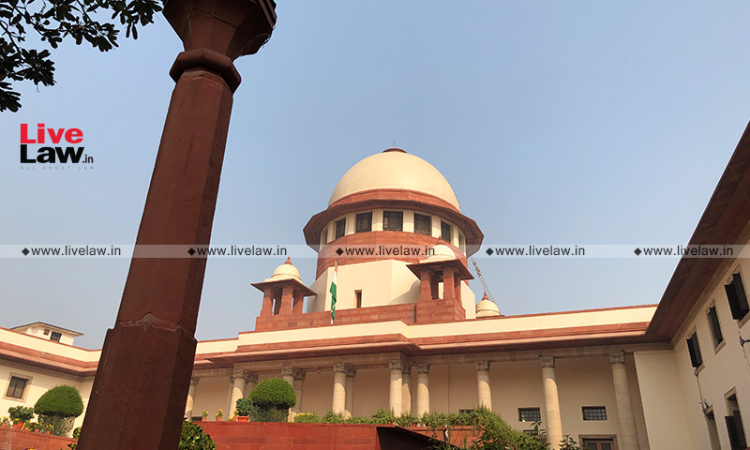Magistrate Shall Not Entertain Application U/s 156(3) CrPC If It Is Not Supported By Complainant's Affidavit: Supreme Court
Ashok KM
18 Feb 2022 6:10 PM IST

Next Story
18 Feb 2022 6:10 PM IST
The Supreme Court observed that a Magistrate cannot entertain an application under Section 156 (3) of the Code of Criminal Procedure, when the complaint was not supported by an affidavit.With such a requirement, the persons would be deterred from causally invoking authority of the Magistrate, under Section 156 (3) of the Cr.P.C. In as much as if the affidavit is found to be false, the...
